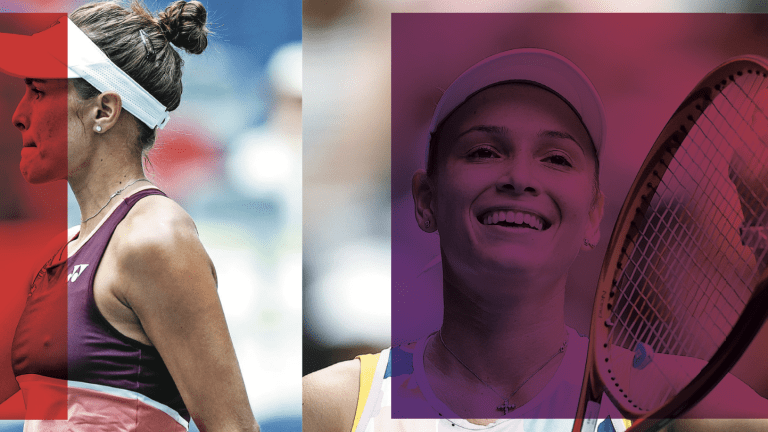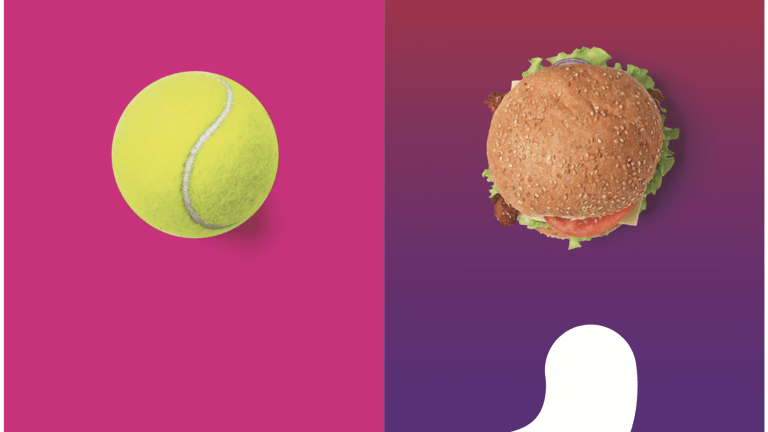What are some food recommendations after a hard practice or grueling match, to help with recovery?
PUIG: It’s important to get the necessary protein and carbohydrates to make sure your body recovers. This will be your fuel for the following day, and will give you a better chance at having energy to tackle another tough match or practice.
Do you follow a specific nutritional regimen, or do you listen to your body on a day-by-day basis?
VEKIC: I started working with a nutritionist in the last off-season, so I had a set meal plan, but it’s a bit trickier to follow it when I’m on the road. I have to eat a lot in restaurants, which can make it harder to plan ahead, as opposed to when I’m able to cook at home.
Coffee tastes and feels great—but do you recommend drinking it before practice or a match?
PUIG: I like to drink coffee in the morning with breakfast. I think one cup a day is good, and if you need the extra kick, I wouldn’t be against having an espresso before practice, especially if I feel sleepy or lethargic. However, too much coffee or espresso makes me feel jittery and can even upset my stomach. It's good to have some caffeine to wake you up and get going, but too much might have a different effect on your body, and won’t make you feel the way you want.
How do you schedule your meals before and after a match? Take us through a typical eating schedule.
VEKIC: I try to eat about two hours before a match, but if the match before mine goes longer than planned, I will have a small snack, like an energy bar or a banana. Afterward, I try not to eat carbs for dinner, and I try to eat my dinner early because I think it helps me sleep better.
PUIG: I always try to have to some sort of pre-match fuel. If I am first or second on, I try and keep it light. I will have my normal breakfast and follow that up with a snack (a banana or a sports bar) with water to properly hydrate before the match. If I am the third match on or later, then I try and have a light lunch, which is usually plain pasta or rice with some chicken. I typically like to have this lunch with about two hours to spare before I take the court.
After a match it is crucial to get something in your body at least within a 30-minute window, so that your get the immediate fuel you need to properly recover, whether it be a recovery drink, shake or meal, not to mention fluids.

